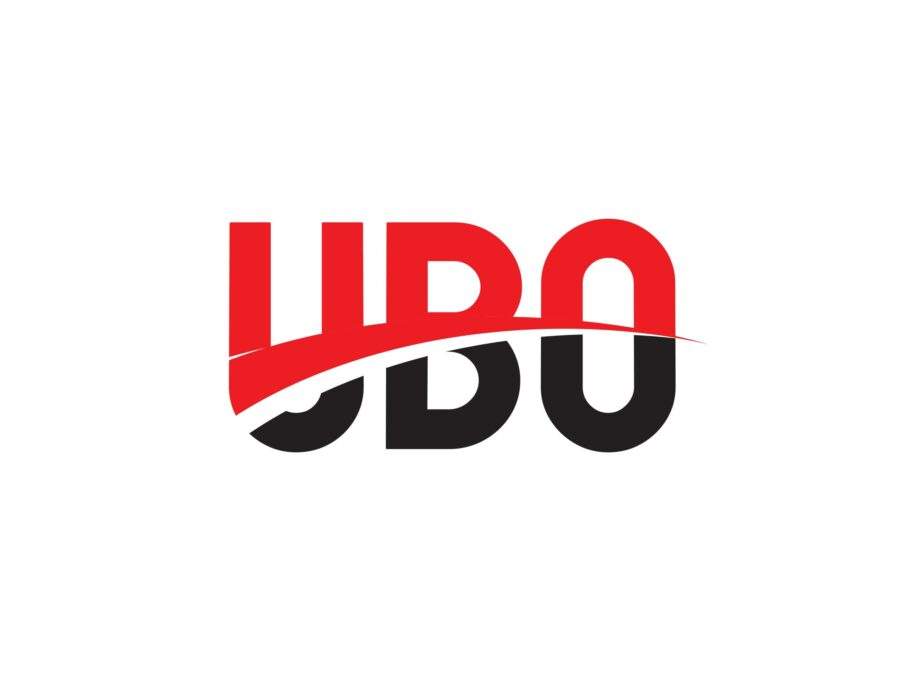
The Dutch government has taken various economic support measures to reduce businesses’ liquidity problems due to the coronavirus. We have compiled an overview of the measures for you.
Because of the coronavirus, on 12 March 2020 the Dutch government took various measures aimed at reducing businesses’ liquidity problems. On 17 March 2020, the government announced additional economic support measures for companies in the form of the Jobs and the Economy Emergency Package (Noodpakket Banen en Economie). We have compiled an overview of the measures for you.
Reduction of working hours / Temporary Emergency Bridging Measure for Maintaining Employment
The reduction of working hours scheme (werktijdverkorting, WTV) has been withdrawn with immediate effect. Any exemption granted under this scheme remains in force. The Temporary Emergency Bridging Measure for Maintaining Employment (Tijdelijke Noodmaatregel Overbrugging voor Werkbehoud, NOW) will be made available as soon as possible. This scheme lets employers obtain financial compensation more quickly in order to prevent job losses. The scheme has a different basis for the award of financial compensation. Whereas the WTV scheme was based on the loss of workforce capacity, the NOW scheme applies in the event of a loss of revenue. The scheme does not affect employees’ rights under the Unemployment Insurance Act.
Under the new scheme, a business that expects loss of revenue of at least 20% can apply to the Employee Insurance Agency (UWV) for compensation for three months to cover up to 90% of the wage bill. This period can be extended once only for a further three months. The Employee Insurance Agency will make an advance payment of 80% of the requested compensation.
This will allow the company to continue paying its staff. The compensation is subject to the condition that no employees may be dismissed for commercial reasons during the granted period of the compensation and the employer must continue to pay the employees’ wages. You can apply for the compensation for a decline in revenue to take effect from 1 March. It is an advance payment; the compensation amount will be finalized retrospectively and you may be required to pay back the compensation.
Temporary income support for freelancers and SMEs
For a period of three months, self-employed people who run into problems because of the coronavirus crisis can obtain additional income support to cover the cost of living and/or a loan for operating capital through an accelerated procedure. The income support makes up their income to the guaranteed minimum and does not have to be repaid. There is no equity test or test of the partner’s income.
The scheme is operated by the municipalities. The aim is to complete the application process within four weeks of the initial application.
Unemployment insurance premium differentiation
As of 1 January 2020, employers pay a low unemployment insurance premium for permanent contracts and a high unemployment insurance premium for flexible contracts, by virtue of the Balanced Labour Market Act (Wet arbeidsmarkt in balans, WAB). The employer must pay the higher unemployment insurance premium retrospectively for permanent employees if they have worked overtime for more than 30%. As this can have undesirable effects in sectors such as healthcare where a great deal of overtime is currently required due to the coronavirus, the measure will be amended.
Furthermore, the period that employers have to document a permanent employment contract in writing and show that the employee was employed on a permanent basis as at 31 December 2019, thereby meeting the conditions for the low unemployment insurance premium, has been extended from 1 April 2020 to 1 July 2020.
SME Credit Guarantee Scheme
In the SME Credit Guarantee Scheme (Borgstelling MKB-kredieten, BMKB), the government offers a partial guarantee for companies that want to take out a loan but are unable to offer the financer in question sufficient guarantees.
The scope of the BMKB scheme has been extended as of 16 March. The scheme is intended for companies with 250 or fewer employees (FTEs) and annual revenue of up to 50 million euros or total assets of up to 43 million euros.
In the current scheme, the guaranteed credit is 50% of the credit provided by the financer. The guaranteed credit in the BMKB scheme is being increased from 50% to 75% for a maximum of two years.
The self-employed without employees can also make use of the scheme if they have a business in the form of a sole tradership, a partnership (VOF) or a private limited company (BV).
Business Financing Guarantee
SMEs and larger companies can make use of the Business Financing Guarantee scheme (Garantie Ondernemersfinanciering, GO). A 50% guarantee is provided for bank loans and bank guarantees. The maximum per company has temporarily been increased to 150 million euros. The scheme is operated through the banks.
Tax measures
Affected businesses can request a deferral for tax payments without providing reasons. The Tax and Customs Administration will then stop tax collection with immediate effect. This applies to income tax, company tax, wage tax and VAT. The requests will be considered substantively at a later date. Among other measures, the late payment interest has been reduced to 0.01% and no default penalties are being imposed.
Interest rate discount for new companies
Microcredit provider Qredits has introduced a temporary crisis measure. Small-scale businesses affected by the coronavirus crisis are being offered postponement of repayments for a period of six months, with the interest rate automatically being reduced to 2% during that period.
Emergency assistance
A compensation scheme will be introduced for businesses in sectors that have been hit hard directly by the measures the government has taken to fight the coronavirus. Examples are the restaurant and catering sector and the events industry. A requirement for compensation is that the company must have physical premises outside the entrepreneur’s home. These companies will soon receive a donation of 4000 euros. The applicable conditions for the scheme are currently being worked out.
Banks
The banks are also taking measures. Smaller companies with loans of up to 2.5 million euros can obtain a postponement of their loan repayments for six months. This agreement was made by ABN AMRO, ING, Rabobank, Volksbank and Triodos Bank, as announced by the Dutch Banking Association (Nederlandse Vereniging van Banken, NVB) on 19 March.
The banks are still discussing measures for larger companies with loans of more than 2.5 million euros. “This is the minimum scheme, and banks can offer their corporate clients additional tailored solutions,” says the Dutch Banking Association.
Legal advice
If you require legal advice on the consequences of the coronavirus for your business operations, please contact Rob Kossen on +31 6 29 03 44 71.







